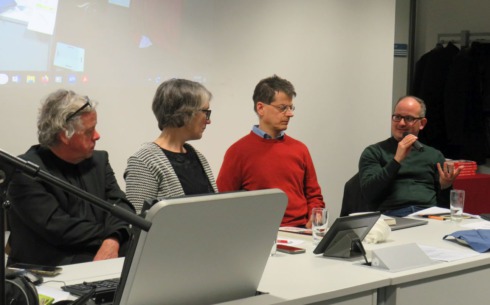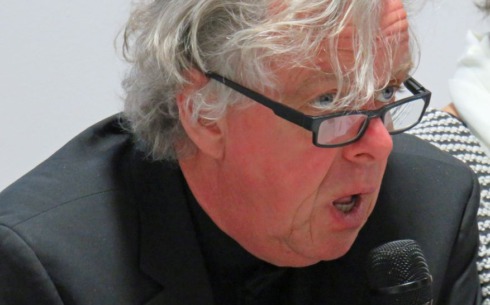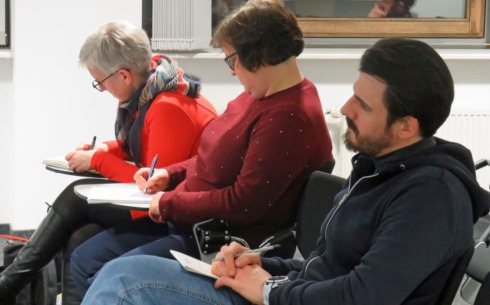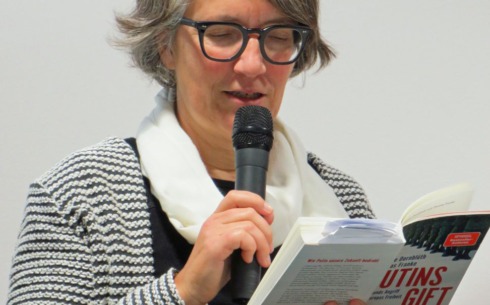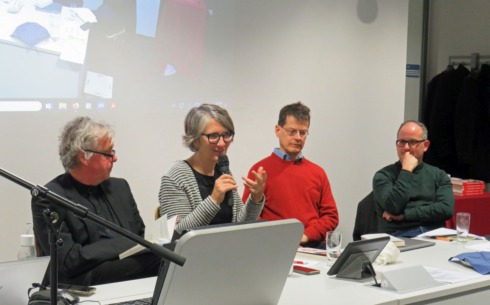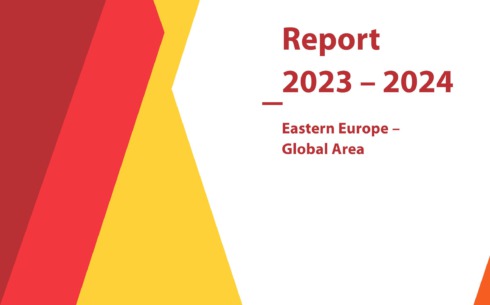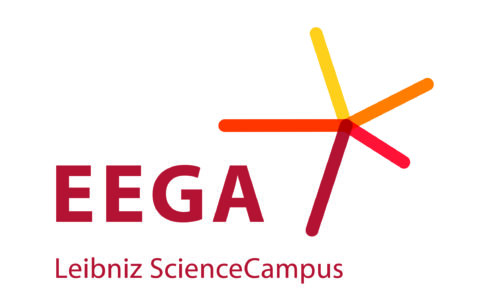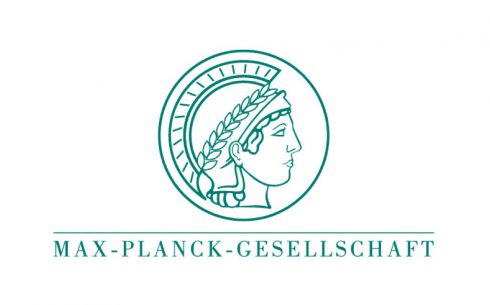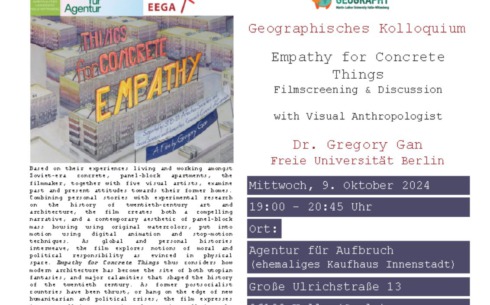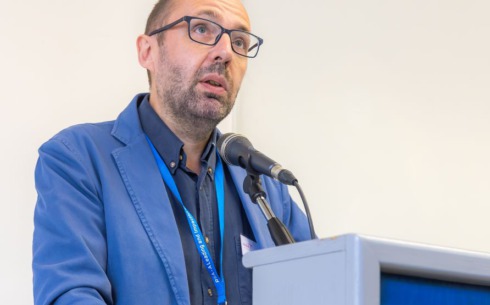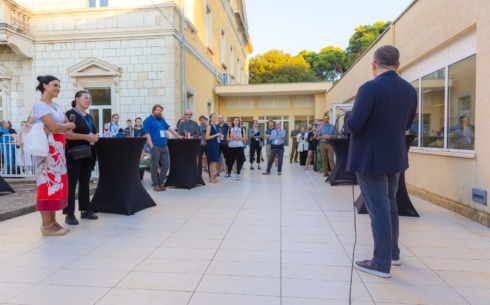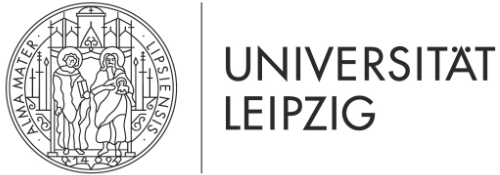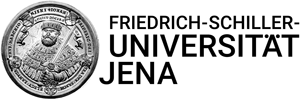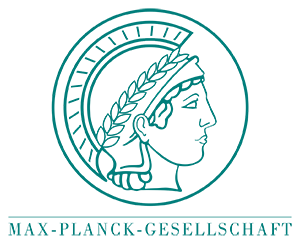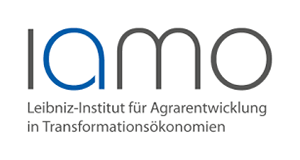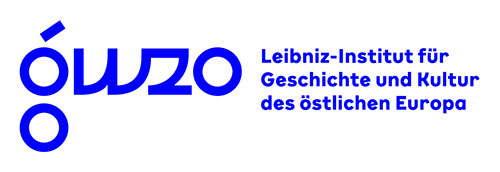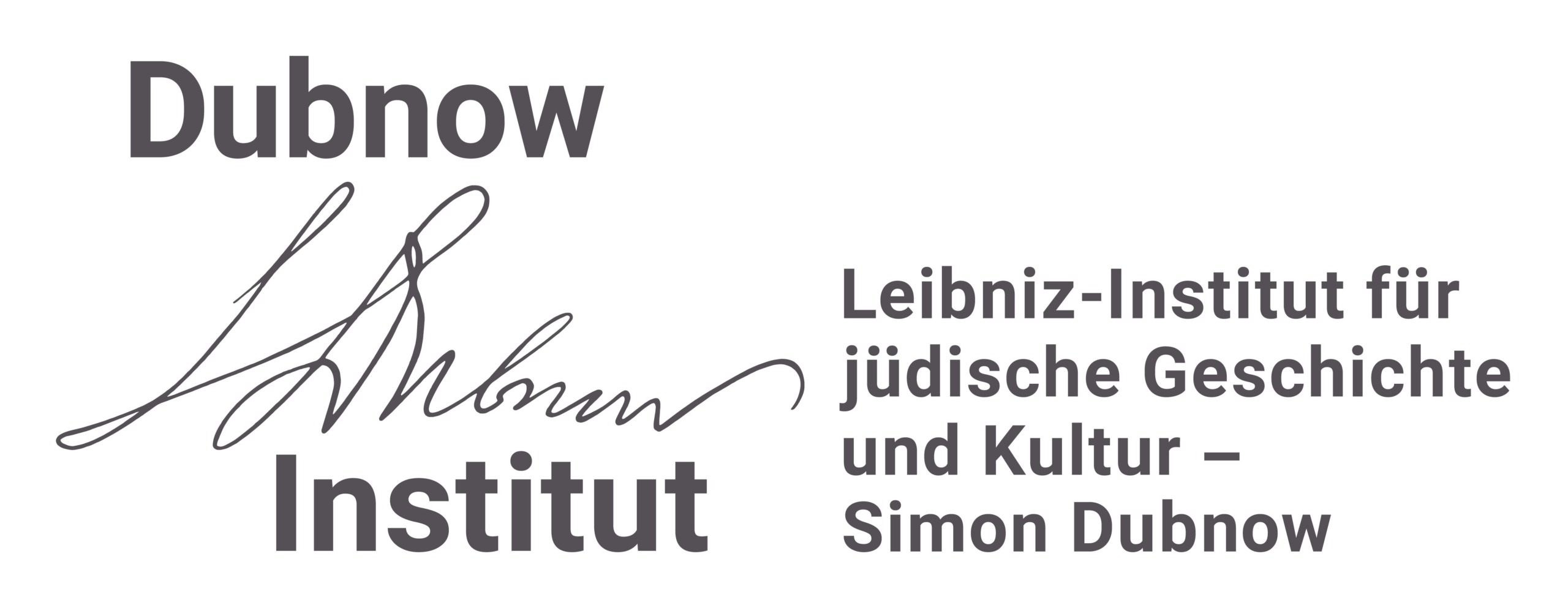Discussion and talk with the journalists Gesine Dornblüth and Thomas Franke on “Putins Gift. Russlands Angriff auf Europas Freiheit” (Putin’s Poison. Russia’s attack on Europe’s freedom”)
A battle between authoritarianism and democracy is raging in the post-Soviet space, and not just in Ukraine. Russian poison is destroying societies by using violence, cheap promises and disinformation to exploit existing weaknesses and deepen rifts, argue journalists Gesine Dornblüth and Thomas Franke in their latest publication.
In the hybrid discussion on 16 January at the GWZO Leipzig, the authors of the book „Putins Gift“ (‘Putin’s Poison’) spoke about the subtle methods Russia is using to infiltrate states that have become independent after the collapse of the Soviet Union and how those who have taken up the fight against Russia’s poison can be given a voice. Thirty years after the end of the Soviet Union, the powerful in the Kremlin are still constantly trying to destabilise and disintegrate the states in their former sphere of influence. In Georgia, for example, tens of thousands are protesting against repressive measures by the pro-Russian government. In Moldova, Russia has established a criminal pseudo-state entity in Transnistria and weakened the republic in the long term. The war between Armenia and Azerbaijan over Nagorno-Karabakh was also triggered by the interference of Soviet secret services, the guests laid out. In dialogue with the audience, the authors discussed their insights into the region.
During the conversation, Gesine Dornblüth and Thomas Franke emphasized that disinformation in their view is the most dangerous poison, a threat they view as corrosive and insidious to democracies. They also expressed a shared conviction with the audience that media literacy should be taught from an early age, ideally starting with at elementary school, as a necessary safeguard against the manipulative powers of media and disinformation. Historian Dennis Dierks (Leipzig University) moderated the event. Stefan Rohdewald, Professor of East and Southeast European History at Leipzig University, commented. The lively discussion concluded the active last six months of the second funding phase of EEGA supported by the Leibniz Association.
